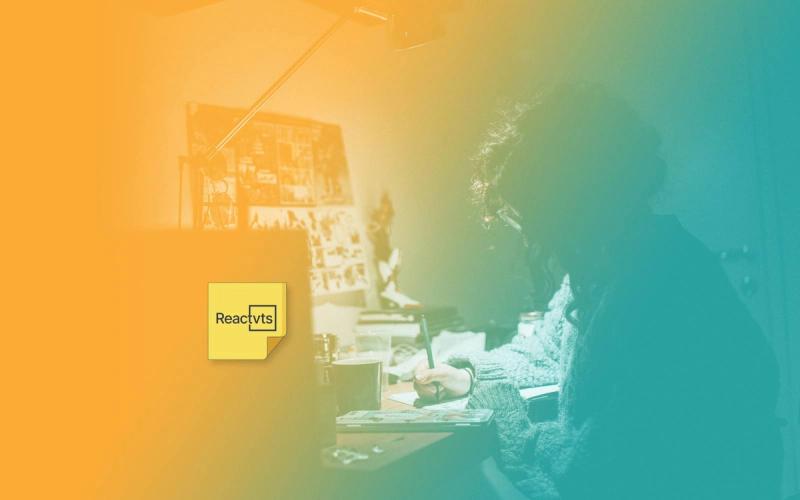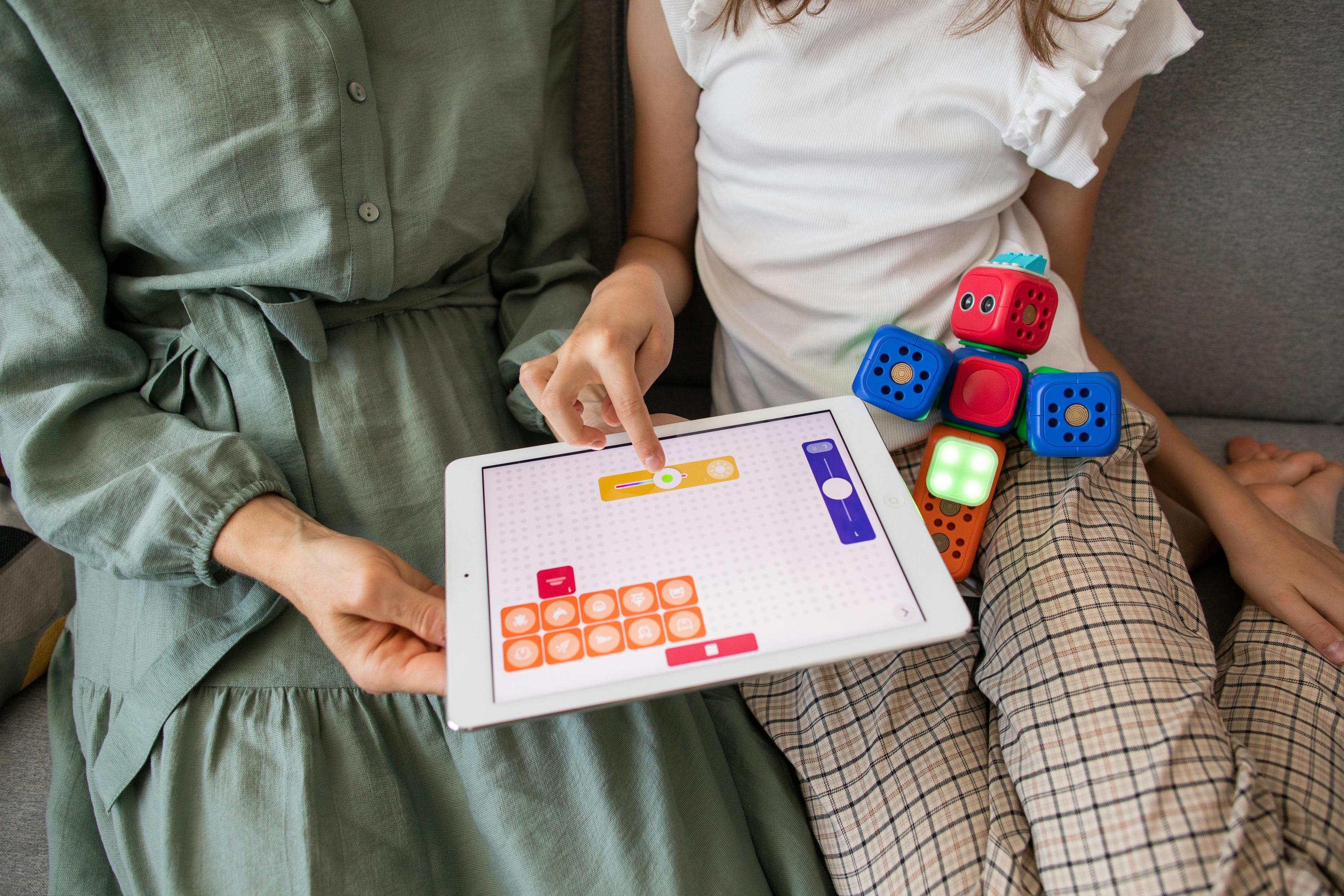Making a Game – Part Two: The Hustle
January 20th, 2024 - Seve Savoie Teruel

Our game’s creative and art director, my 10-year-old daughter, had specific criteria for our first-ever game jam: no mobile, no on-screen buttons, and a 2-player couch co-op. Despite my suggestion that a mobile version would get more players and the lure of an extra $1000 prize, we settled on a desktop browser with keyboard controls.
Still, we worked together, building our design document and separating the workload - Development and game logic for me, art and level design for her. This was our first game together, we were both very excited to start working on it.
 Photo by Robo Wunderkind
Photo by Robo WunderkindMy daughter is no stranger to mouse and keyboard, but she’s a ninja on her iPad. Watching her play different kinds of game on her tablet using touch screen controls is impressive. But it makes sense. When it came time to look into the tools we would use to build our game, it was no surprise when she opted for iPad Apps versus desktop ones.
There’s no shortage of IOS apps for pixel art. We landed on Resprite. it offered everything she wanted with a generous free trial and a super affordable paid version. My daughter loves art, both physical and digital, and while she does have an Apple Pen, more often then not, she prefers to work using her fingers. It’s how she’s been using her tablet for years now, it’s second nature.
On the development side, I used Pixi.js. My past projects have always used HTML and Javscript in a “this is basically a website” sort of way. I was initially comfortable staying within my comfort zone. But since we decided to make a 2D platformer that included physics and lighting. It would have been near impossible had I not leveraged a more robust graphics engine. It seemed overwhelming at first but as I started seeing our ideas come to life, I was hooked.
It’s easy to come up with ideas
and concepts for a project.
It’s harder to actually follow
through on them...
I spent every free moment of my holidays working on our game. I was adding things like gravity physics and ray cast lighting because I wanted to challenge myself. My daughter did not share the same level of enthusiasm as I did, but we pushed ourselves to finish, even when hey initial excitement weaned. It’s easy to come up with ideas and concepts for a project. It’s harder to actually follow through on them, something I know all too well.
January 8th at 2 am, an hour before the cut off, we submitted our game. It’s not polished. The title screen is white text on a black background. There’s definitely bugs. We had to subsidize a lot of the art from various assets packs. But it has a start, an ending, a fail state, controls, puzzles, obstacles and sound effects. It was a finished game, something I had never really done before.
It’s been about a week since we submitted the game. We haven’t heard much yet other than a very kind email giving me a chance to address an oversight.
“Player 1 uses the CTRL key to jump, Macs don’t have CTRL keys”
Oops!
So we keep waiting. I don’t have high expectations on how well our game will rank. I’ve seen past entrants and I know we are up against some very creative teams with much more experience. However, I now have much higher expectations for myself. The game I had initially thought we could make in 2 weeks was far simpler. Would it have been a more complete, polished, more “fun to play” game? Maybe. Would I have learned anything? Had as much fun making it? Feel as much pride in what we made? Absolutely not, and I have my little girl to thank for that.
Follow Reactvts on Twitter and LinkedIn for more news on upcoming projects as well as our game jam submission “Dragons In Dungeons” once it gets posted live! I've also started streaming on Twitch while I work on new activities. Come say hi!
Creator Credits:
- EletricLemon for their awesome Dragon sprite sheet we modified for our game.
- LeoPaz for their sound effects pack.
- DavigG for their Dungeon Tileset we used to fill out our own art.
- Kenney while not use it in the final game, we used their characters as placeholder until the last day.
- Thorbjørn Lindeijer their Tiled Map Editor software made level creation so much simpler than I had ever hoped.
- Blog Hero Image by Daniel Chekalov on Unsplash
- Additional Image by Robo Wunderkind on Pexel